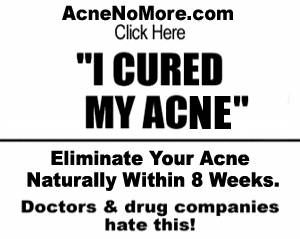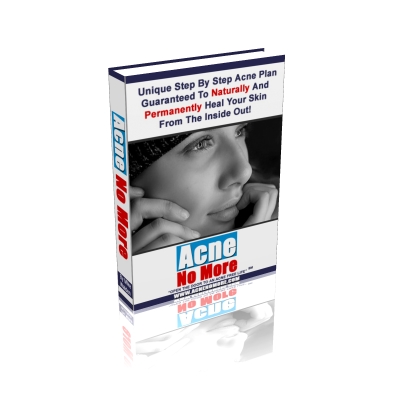All About Acne Rosacea
Acne rosacea is a prevalent condition that affects individuals worldwide. In this article, we will delve into the details of acne rosacea and provide valuable tips to prevent and minimize its effects.
What is Acne Rosacea?
Acne rosacea is a chronic inflammation of the blood vessels primarily found on the face and skin. Notable personalities such as former president Bill Clinton and Russian prime minister Boris Yeltsin have also experienced this condition. The symptoms of acne rosacea include a rough complexion with multiple small acne patches on the forehead, nose, and cheeks. In men, it often leads to swelling and thickening of the skin on the nose, a condition known as rhinophyma. It is crucial to consult a physician if you suspect acne rosacea, as its symptoms may resemble those of a more serious condition called Lupus.
Visit: Effective Acne Treatments: Achieving Clear Skin Naturally
Causes and Factors Contributing to Acne Rosacea Outbreaks
Acne rosacea makes the face and skin more sensitive compared to healthy, uninjured skin. It primarily affects the stratum corneum, the outermost layer of the skin composed of dead skin cells held together by keratin. The stratum corneum acts as a protective barrier for the skin, reducing its susceptibility to irritations. However, with acne rosacea, the skin becomes more vulnerable to damage from nerve endings and an excess of neurotransmitters. As the condition worsens, the skin's ability to shield the nerve endings diminishes. While maintaining a healthy immune system and regularly moisturizing can help minimize these effects, additional measures may be necessary.
Effective Measures to Prevent and Minimize Acne Rosacea
1. Avoid drying out the skin:
Individuals with acne rosacea should steer clear of products that dry out the skin, such as alcohol-based cleansers. Instead, opt for alcohol-free solutions like Proactive or similar cleansers.
2. Utilize acne-fighting ingredients:
Products containing benzoyl peroxide and salicylic acid, such as Clearasil or Oxy-5, are known to combat acne. However, when using these products in combination with other topical applications, it is advisable to discontinue their use to prevent further skin dryness and irritation.
3. Gentle cleansing:
It is essential to adopt a gentle approach when washing the face. Scrubbing harder does not equate to better results. Excessive washing can also do more harm than good. Choose a gentle exfoliating product like Proactive or Neutrogena and ensure proper technique while cleansing.
4. Opt for gentle cleansing products:
Acne rosacea patients should use mild cleansing products that do not exacerbate skin sensitivity. Protect sensitive skin by applying a dye-free moisturizer containing ingredients like petrolatum, glycerin, or aloe vera. These ingredients possess anti-inflammatory properties, keeping the skin moisturized and safeguarded. Before heading outdoors, especially in the sun, apply a light coat of moisturizer to the affected area to minimize acne outbreaks.
Conclusion: Managing Acne Rosacea Effectively
Acne rosacea can persist throughout a person's life, particularly in men. However, there are effective ways to manage and minimize its impact. While the condition may resolve naturally in some cases, taking proper care can significantly reduce its severity. By following the tips provided in this article, individuals with acne rosacea can proactively prevent outbreaks and keep the condition under control.
New E-book Reveals Unique Holistic Strategies to Cure Acne
Discover an innovative approach to permanently cure acne without resorting to drugs or over-the-counter solutions. This comprehensive e-book offers effective methods to eliminate acne without experiencing unpleasant side effects. If you've tried other remedies without success, click the link below to learn more: Click Here --> [AcneNoMore.com]


















0 Comments